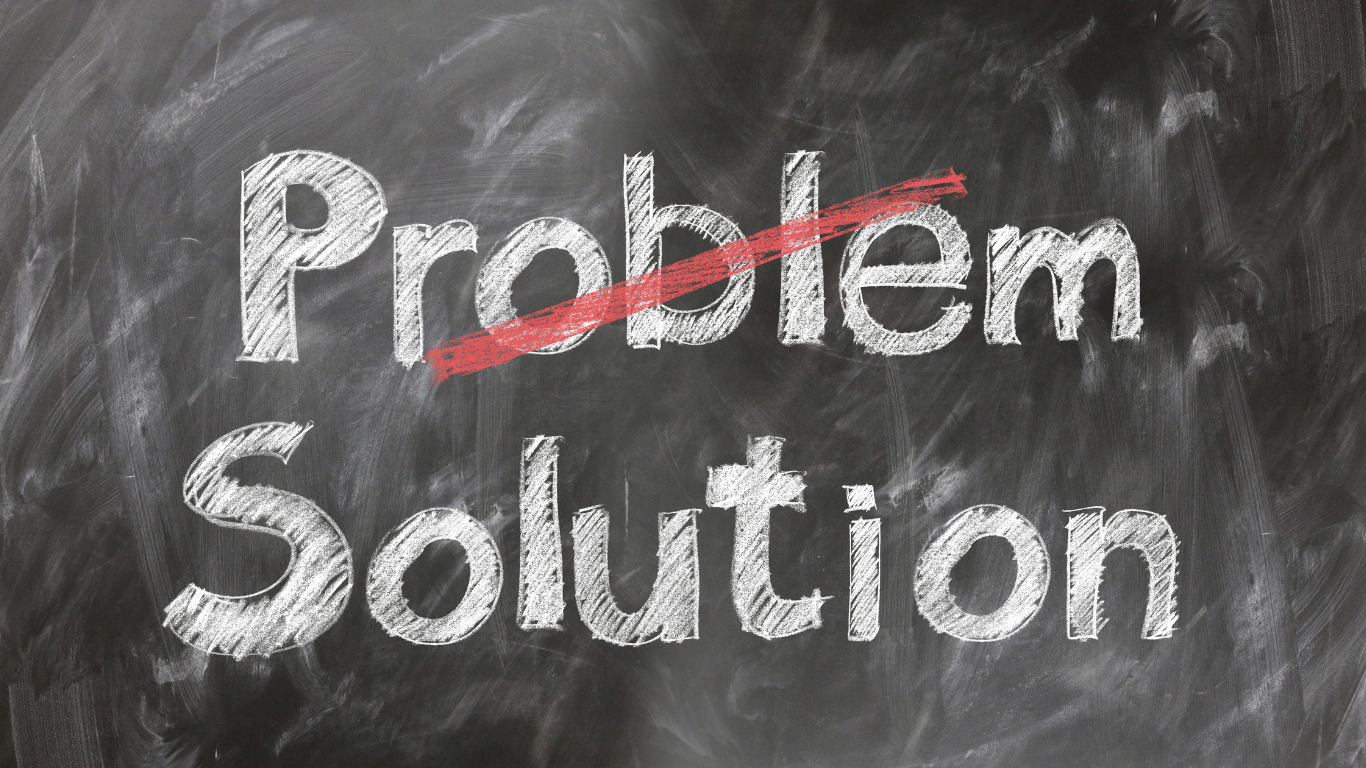Introduction
History is not just about remembering dates and events; it’s about understanding the past to build a better future. For ICSE Class 10 students, mastering the History syllabus can be challenging, but having the right solutions at your fingertips can make all the difference. This blog serves as a comprehensive guide to ICSE Class 10 History solutions, covering all essential topics, providing tips for exam preparation, and offering insights into scoring high marks.
Whether you are a student or a parent looking to support your child, this guide is tailored to meet your needs with well-structured solutions and practical advice.
Overview of the ICSE Class 10 History Syllabus
The ICSE Class 10 History syllabus is divided into two main sections:
- The Indian National Movement
- Growth of Nationalism
- The Gandhian Era
- Quit India Movement and other significant milestones.
- The Contemporary World
- The League of Nations
- United Nations (UN)
- The Cold War, and more.
The syllabus emphasizes key historical events and their relevance to India’s struggle for independence and global political developments.
Why Are History Solutions Important?
Understanding and solving questions effectively is crucial to excelling in History. Here’s why:
- Clarification of Concepts:
- Solutions break down complex topics into simple explanations.
- Exam Readiness:
- Well-structured answers align with the ICSE marking scheme, helping students score better.
- Time Management:
- Practicing with solutions helps students write concise and to-the-point answers in exams.
- Confidence Building:
- Familiarity with common question patterns reduces exam anxiety.
Detailed Solutions for Key Chapters
Chapter 1: The Rise of Nationalism in India
Important Topics Covered:
- Early nationalist movements like the Swadeshi Movement.
- Role of leaders like Bal Gangadhar Tilak, Lala Lajpat Rai, and Bipin Chandra Pal.
Sample Question & Solution:
Q: Discuss the role of the Swadeshi and Boycott Movements in India’s freedom struggle.
A:
The Swadeshi and Boycott Movements were initiated in response to the partition of Bengal in 1905.
- Swadeshi Movement: Promoted the use of indigenous goods to revive Indian industries.
- Boycott Movement: Protested against British goods, emphasizing self-reliance.
These movements united Indians, laying the foundation for later mass movements.
Chapter 2: The Gandhian Era
Important Topics Covered:
- Non-Cooperation Movement
- Civil Disobedience Movement
- Quit India Movement
Sample Question & Solution:
Q: What were the causes and outcomes of the Non-Cooperation Movement?
A:
Causes:
- Jallianwala Bagh massacre
- Discontent with the Rowlatt Act and Montagu-Chelmsford reforms.
Outcomes:
- Strengthened Hindu-Muslim unity.
- Increased mass participation in politics.
- Temporarily withdrawn after the Chauri Chaura incident.
Chapter 3: The United Nations and Its Agencies
Important Topics Covered:
- Structure and Functions of the UN
- Role of agencies like WHO, UNESCO, and UNICEF
Sample Question & Solution:
Q: Explain the role of UNESCO in promoting global education and culture.
A:
UNESCO focuses on fostering international collaboration in education, science, and culture.
- Promotes universal access to quality education.
- Protects cultural heritage sites under the World Heritage program.
Tips for Writing High-Scoring Answers
- Follow the Marking Scheme:
- Structure your answers based on key points to maximize marks.
- Include Relevant Dates and Names:
- Precision in historical details adds authenticity to your answers.
- Write in Paragraphs:
- Use subheadings for clarity and include an introduction, body, and conclusion.
- Use Maps and Diagrams:
- Incorporating visuals like maps enhances presentation and helps in better retention.
- Practice Previous Years’ Questions:
- Analyze patterns and focus on frequently asked topics.
Resources for ICSE Class 10 History Solutions
1. Textbooks and Reference Books
- ICSE-prescribed textbooks provide a solid foundation.
- Supplement with reference books like “Together with History” or “Oswaal Question Banks.”
2. Online Platforms
- Websites like BYJU’S, TopperLearning, and Extramarks offer chapter-wise solutions.
3. Sample Papers and Mock Tests
- Solving sample papers helps in understanding the exam format and time management.
4. Coaching Institutes
- Enrolling in coaching or tuition classes can provide personalized guidance.
Common Mistakes to Avoid
- Skipping Important Topics:
- Every chapter holds weight; ensure thorough preparation.
- Writing Lengthy Answers:
- Stick to the word limit; concise answers score better.
- Ignoring Map Work:
- Maps are a scoring area; practice marking important historical sites.
- Rote Learning:
- Focus on understanding concepts instead of memorizing.
How to Stay Updated and Prepared
- Join Study Groups:
- Collaborate with peers to discuss and clarify doubts.
- Use Flashcards:
- Create flashcards for important dates, events, and leaders.
- Leverage Technology:
- Watch history documentaries or YouTube tutorials for better visualization.
- Regular Revision:
- Revise solutions multiple times to ensure retention.
Conclusion
History is more than a subject; it’s a narrative of human civilization. By focusing on ICSE Class 10 History solutions, students can confidently tackle their exams while gaining a deeper appreciation for the past. From mastering the Indian National Movement to understanding global organizations like the UN, the right solutions can transform History into an enjoyable and high-scoring subject.
Use the tips, resources, and solutions provided in this guide to streamline your preparation and achieve academic success. Remember, consistent effort and structured study plans are key to excelling in History.




